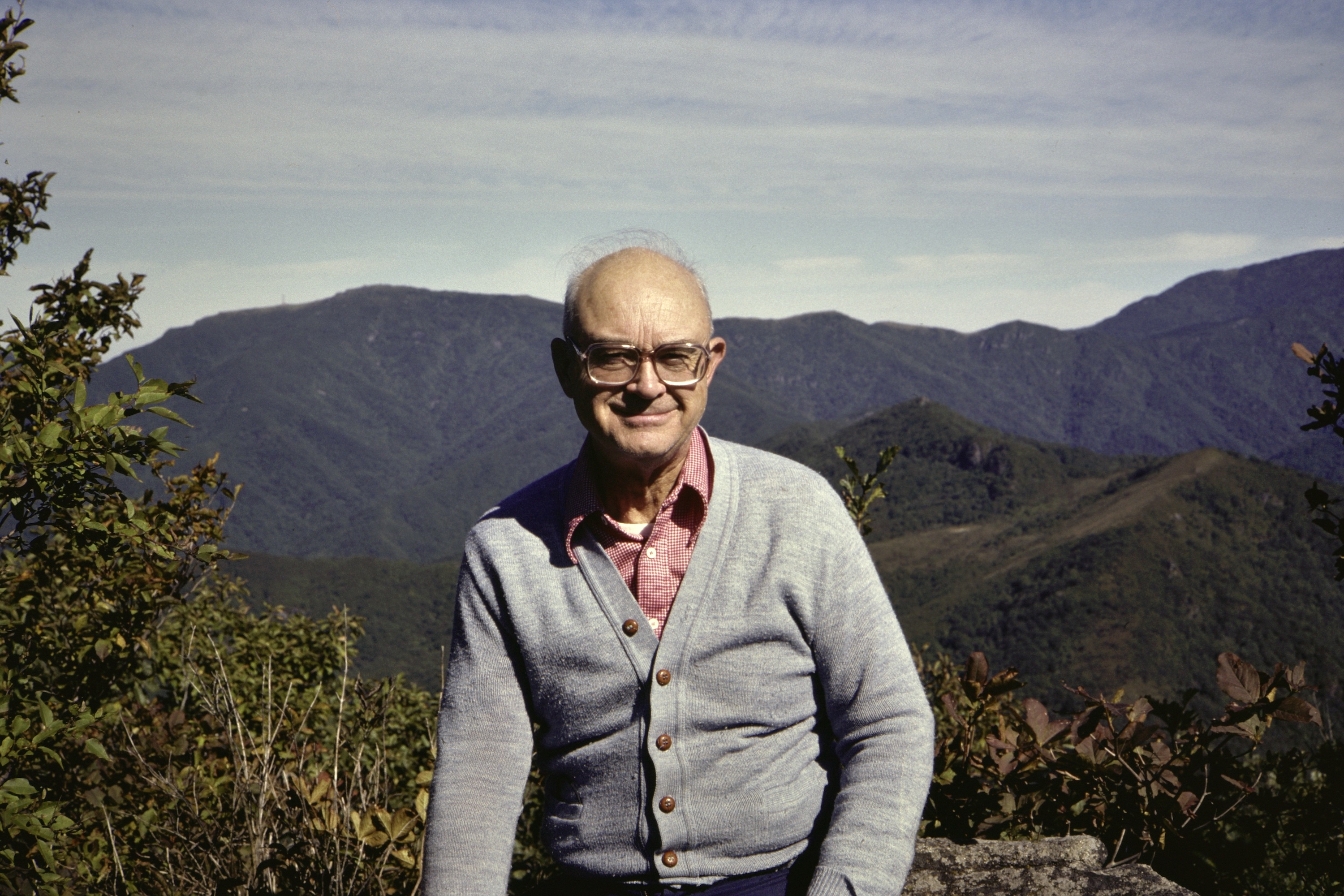Christmas for Korean Orphans in 1955
Joe B. Hopper describes a Christmas celebration for Korean orphans thrown by missionaries Read More
Welcome to Ulster Worldly, a blog about the history of Presbyterianism. Many of these stories come from my own family, many others come from my own denomination.
Tim Hopper
Raleigh, NC
Joe B. Hopper describes a Christmas celebration for Korean orphans thrown by missionaries Read More

In April 1972, my dad, a senior at King College, spent a weekend in Montreat, North Carolina. After worshipping at Montreat Presbyterian, Mrs. Ruth Bell Graham–who was a member at MPC–invited dad to Billy and Ruth’s house on Mississippi Road for lunch. In a letter to his parents (who were serving as missionaries in Korea), dad recounts watching the Apollo 16 launch with the Graham’s after lunch:
“Mrs Graham invited (my 2 friends) and me up for lunch. It was the first time I had been up (to the Graham house), and it was quite interesting. Dr. Graham was there and we watched the space shot go off during lunch.
He said that NBC has asked him to narrate the shot with John Chancellor but he had turned them down. It was very interesting talking to him. He really does know the Bible inside out. I got away a little later than planned….
My dad David Hopper, his brother Barron Hopper, his sisters Alice Dokter and Margaret Faircloth grew up in Jeonju, South Korea where their parents were missionaries with the southern presbyterian church (PCUS). On January 5, 2023, I got them all in a room together to share memories of their childhood.
You can listen to the four parts of the interview below.
You can also search for “Ulster Worldly” in your podcast app of choice or subscribe to the feed directly.
Here are links to some things mentioned in the interview:
My friend Matthew Ezzell and I taught a Sunday school class on American Presbyterian History at Shiloh Presbyterian Church.
Here was the overview we wrote for the course:
This class provides an understanding of the historical foundations of modern presbyterianism in America. We cover the breadth of the streams contributing to the presbyterian churches and denominations of our country. In the course, we learn about the controversies and conflicts and also spread of the gospel and the propagation churches throughout the United States. We specially emphasize the origin and development of the Orthodox Presbyterian Church and the establishment of presbyterianism in central North Carolina.
Here are the lessons I taught:
Here is the audio of the class:

Letter from Billy Graham on the occasion of the death of Joe B. Hopper Read More
The Orthodox Presbyterian Church's first tumultuous decade (1936-1946), including internal conflicts over fundamentalism, Machen's death, and the 1937 split that formed the Bible Presbyterian Church. Read More
The events from 1923 to 1936 that led to the formation of the Orthodox Presbyterian Church, including the Auburn Affirmation, Princeton Seminary reorganization, and Machen's trial. Read More
The life and theology of J. Gresham Machen, author of Christianity and Liberalism, and his role in the fundamentalist-modernist controversy of the 1920s. Read More
B.B. Warfield, Charles Briggs, and the controversy over revising the Westminster Confession that led to the 1903 changes and set the stage for the formation of the OPC. Read More
The Presbyterian Church during the Civil War and Reconstruction era, including denominational fracturing, wartime ministry, and the reunions that shaped modern Presbyterianism. Read More